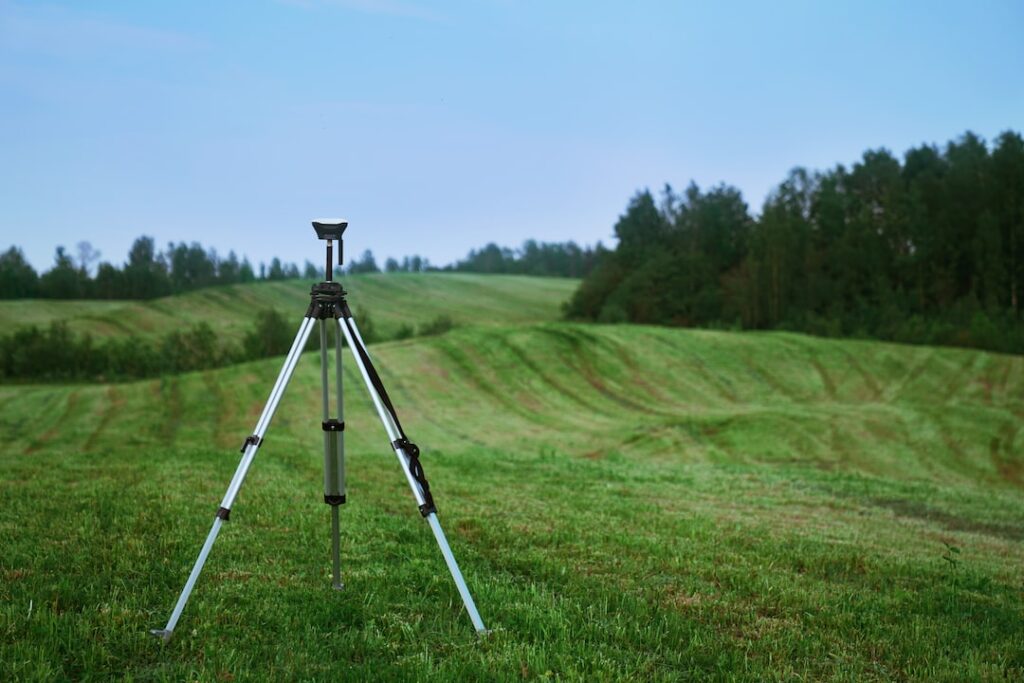The Utility Of Quiet Title Actions
Posted February 09, 2023 in Uncategorized

QUIET TITLE ACTIONS
Quiet title actions may be an appropriate remedy for all manner of real estate disputes involving title to real property. A landowner may wish to challenge the legitimacy of a lien, correct errors in a deed, or remove a cloud on title. An heir may claim ownership of a property, or a mineral estate owner may wish to exercise their control over the mineral estate. Maybe there is confusion over an easement or boundary. A quiet title action may even be required if you bought a property through the tax lien sale process.
With the sheer amount of development Colorado has seen over the past decade, real estate disputes have also been on the rise. Pursuant to C.R.C.P. 105, Colorado courts are broadly empowered to consider all claims affecting or concerning real property:
“An action may be brought for the purpose of obtaining a complete adjudication of the rights of all parties thereto, with respect to any real property and for damages, if any, for the withholding of possession.”
In a quiet title action, the court should completely adjudicate the rights of all parties to the action claiming interests in the property and address all competing claims.[i] “Quiet title actions are intended to grant full relief to the party asserting an interest in the property, and, if that interest is based upon a theory of reformation, such a claim must be raised.”[ii]
For instance, if there has been a mortgage default but no foreclosure has been initiated, the mortgagor/homeowner could use a quiet title action if the statute of limitations has passed. According to C.R.S. § 13-80-103.5 the applicable statute of limitations is six years from the date that the cause of action accrues:
“All actions to recover a liquidated debt or an unliquidated, determinable amount of money due to the person bringing the action, all actions for the enforcement of rights set forth in any instrument securing the payment of or evidencing any debt….”
C.R.S. § 38-39-207 provides that the lien is extinguished:
“The lien created by any instrument shall be extinguished, regardless of any other provision in this article to the contrary, at the same time that the right to commence a suit to enforce payment of the indebtedness or performance of the obligation secured by the lien is barred by any statute of limitation of this state.”
NEIGHBOR AND BOUNDARY DISPUTES
Sometimes, the issues at stake are more clearly defined, such as the fence in your backyard. If your dispute is over an unclear property boundary, it might be better to hire a surveyor and try to come to an agreement with your neighboring property owner first. However, if an agreement is reached, hire a lawyer to draft and/or review any proposed agreement. If that fails, you could file a claim under Colorado’s simplified boundary dispute statute versus using a quiet title action.[iii]
Another claim that may surface during boundary dispute litigation is adverse possession. “One claiming title by adverse possession must prove that his possession of the disputed parcel was actual, adverse, hostile, under claim of right, exclusive and uninterrupted for the statutory period.”[iv] This is a complex claim with several distinct elements to prove.[v]
If you need to initiate a quiet title or boundary dispute, or if you are on the receiving end of a demand letter or complaint concerning the same, Volpe Law is here to help. No matter the nature of your dispute, consult with an experienced real estate attorney at Volpe Law to discuss your options. Typically, we will attempt to settle the matter without costly litigation, but we are prepared to handle your case in court when the need arises.
[i] Keith v. Kinney, 961 P.2d 516, 518-19 (Colo. Ct. App. 1997).
[ii] Argus Real Estate, Inc. v. E-470 Pub. Highway Auth., 109 P.3d 604, 609 (Colo. 2005).
[iii] C.R.S. § 38-44-101 (“When one or more owners of land, the corners and boundaries of which are lost, destroyed, or in dispute, desire to have the same established, they may bring an action in the district court of the county where such lost, disputed, or destroyed corners or boundaries or parts thereof are situated against the owners of the other tracts which would be affected by the determination or establishment thereof, to have such corners or boundaries ascertained and permanently established.”)
[iv] Smith v. Hayden, 772 P.2d 47, 52 (Colo. 1989); see also Hunter v. Mansell, 240 P.3d 469, 474 (Colo. App. 2010) and People v. Bruno, 342 P.3d 587, 590 (Colo. App. 2014) (applying elements provided in Smith v. Hayden).
[v] The standard of proof is clear and convincing evidence. C.R.S. § 38-41-101(3)(a).
DISCLAIMER
The information contained on this website is provided for informational purposes only. It is not legal advice and should not be construed as providing legal advice on any subject matter. Laws frequently change and therefore this content is not necessarily up to date, nor comprehensive. Contact us or another attorney with any legal questions specific to your matter. You may contact us by calling us as 303-268-2867 or completing a complimentary discovery call.
